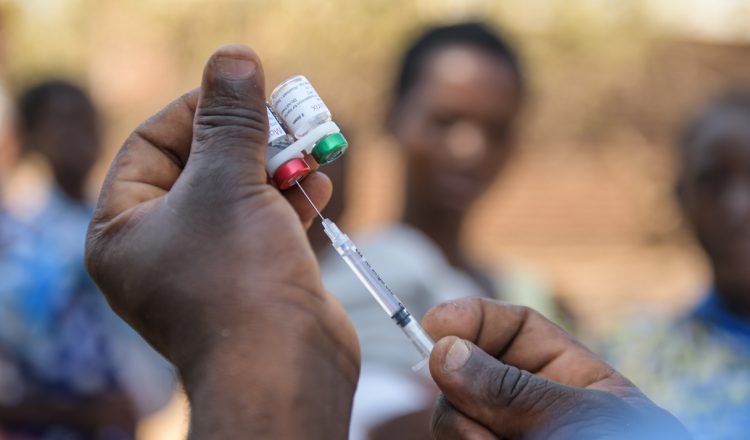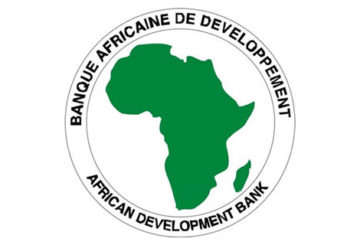Burkina Faso has taken a significant step forward in the fight against malaria by officially integrating the first-ever recommended malaria vaccine, RTS,S, into its standard vaccination protocol. This move, endorsed by the World Health Organization (WHO), aims to provide added protection to infants attending health facilities for their regular vaccinations in the West African nation.
The initial phase of the vaccine rollout in Burkina Faso is targeting nearly 250,000 infants aged between five months and one year across 27 health districts that are heavily impacted by malaria. By incorporating the malaria vaccine into routine immunization, Burkina Faso aims to reduce the burden of the disease, particularly among vulnerable populations.
Malaria remains a significant public health challenge in Africa, with the continent witnessing the loss of 600,000 lives to the disease annually, according to the WHO. Children under the age of five account for at least 80% of these tragic deaths. The introduction of the RTS,S vaccine marks a crucial milestone in efforts to combat malaria and save lives in Burkina Faso and beyond.
Read more: Malawi Launches New COVID-19 Vaccination
Burkina Faso joins Cameroon as one of the pioneering countries to integrate the RTS,S vaccine into its routine immunization program. Cameroon achieved this historic milestone earlier, becoming the first country globally to incorporate the vaccine into its standard vaccination protocol. The successful implementation in Cameroon serves as a testament to the feasibility and effectiveness of integrating the malaria vaccine into routine immunization practices.
Encouragingly, Burkina Faso’s adoption of the RTS,S vaccine is part of a broader trend across Africa. More than 15 other African countries are gearing up to follow suit within the year, according to the Global Vaccine Alliance (Gavi). This coordinated effort reflects the continent’s commitment to leveraging innovative solutions to address the persistent challenge of malaria and improve public health outcomes.
- Tags: burkina faso, Malaria, Vaccine





